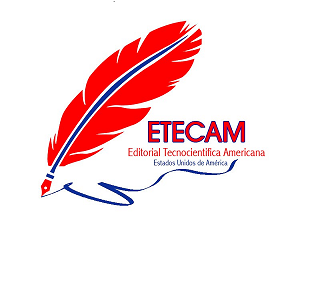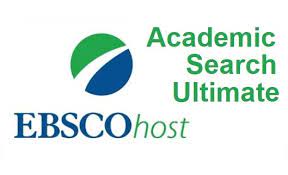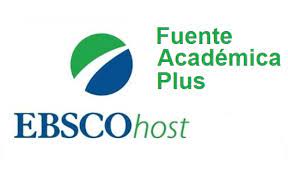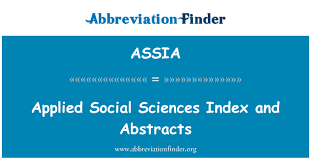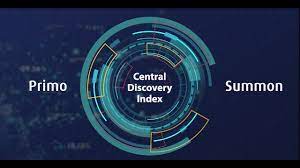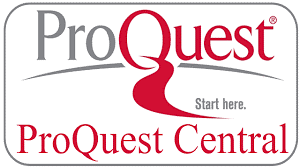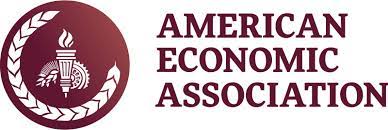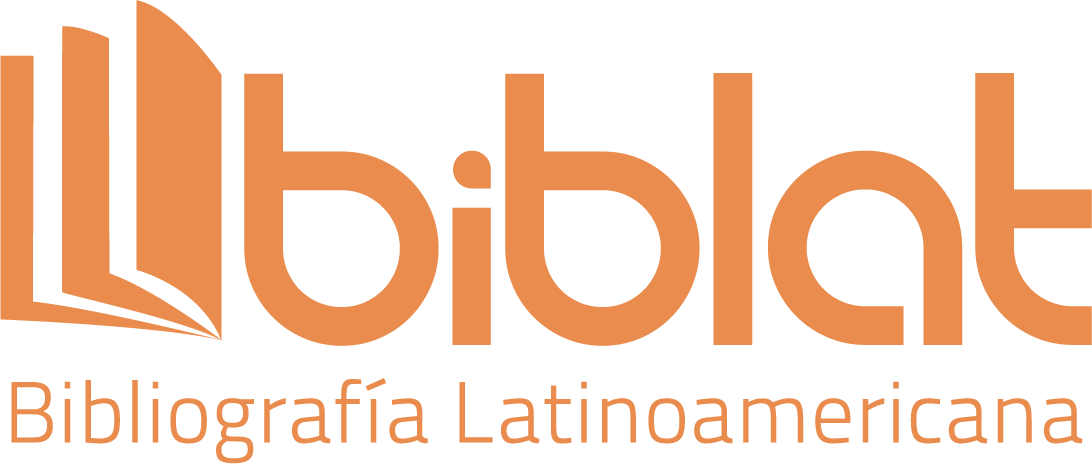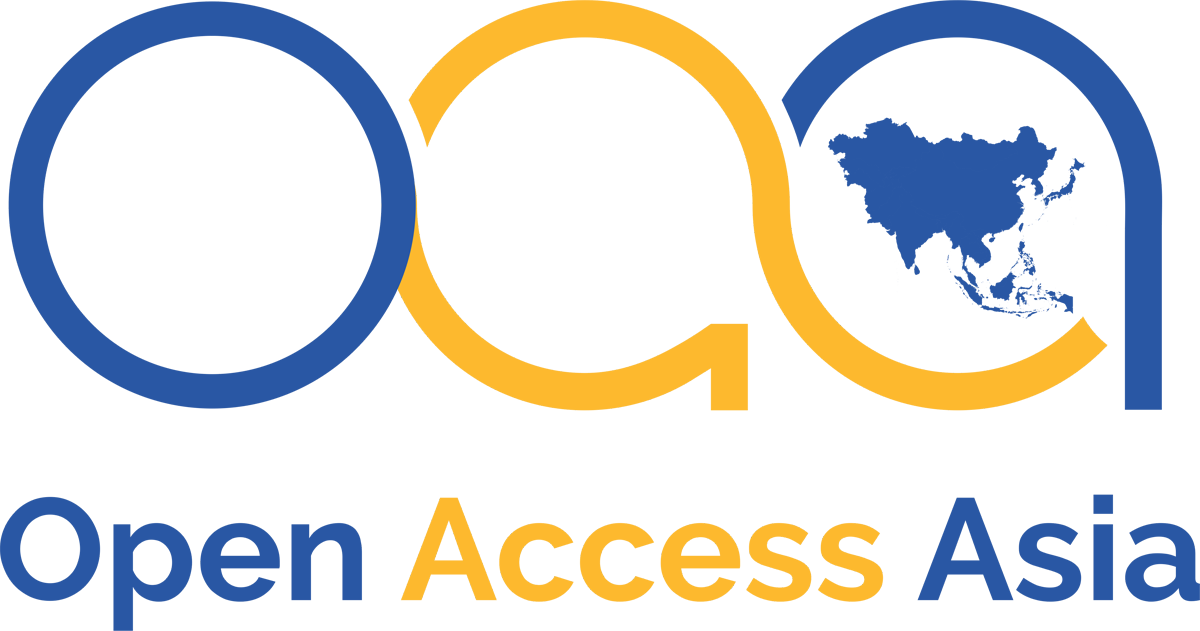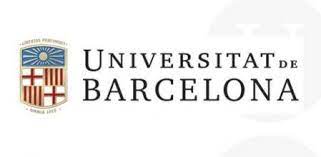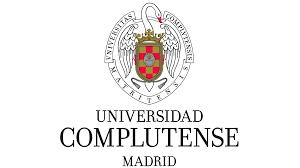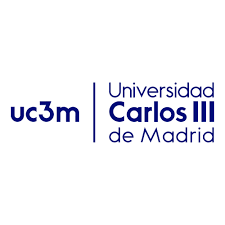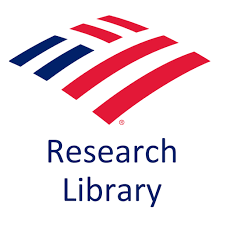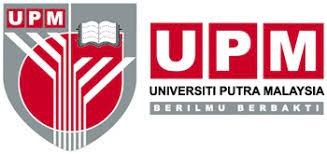Methodological strategy based on the universal design for learning, for the development of communication and socioemotional skills in the mathematics subject in the 6th year of primary school
DOI:
https://doi.org/10.51736/sa.v7i1.184Keywords:
universal design for learning (UDL), communication skills, social and emotional skills, inclusive educationAbstract
Universal Design for Learning (UDL) is fundamental to cultivating communication and social-emotional skills by adapting instruction to meet the diverse needs and learning styles of students. In the mathematics teaching and learning process, the UDL provides the necessary framework to promote an inclusive and adaptive education. The objective of this research was to propose a methodological strategy based on the Universal Design for Learning, for the development of communication and socioemotional skills in the subject of Mathematics. The results of the diagnosis of teachers and students revealed methodological deficiencies in the teaching staff, as well as deficiencies in the communicative and socioemotional skills in a group of 35 students of the 6th year of EGB. The partial application of the designed strategy provided a system of SAD activities, which allowed self-perceived improvements in the students, which were verified through the application of Phi and Cramer's V statistical tests. Additionally, it was positively validated by a group of experts who identified areas of improvement in the conception of some of the proposed activities.
Downloads
References
Courtad, C. A. (2019). Making your classroom smart: Universal design for learning and technology. In V. L. Uskov, R. J. Howlett, & L. C. Jain (eds). Smart education and e-learning (pp. 501-510). Springer Singapore.
Instituto Nacional de Evaluación Educativa (2023). Informe nacional de resultados Ser Estudiante del Subnivel Básica Media. https://cloud.evaluacion.gob.ec/dagireportes/sestciclo21/nacional/2021-2022_7.pdf
Kunhertanti, K., & Santosa, R. H. (2018). The Role of Problem Solving Approach in Building Students' Self Confidence on Learning Mathematics. In University of Muhammadiyah Malang's 1st International Conference of Mathematics Education (INCOMED 2017) (pp. 133-136). Atlantis Press. https://doi.org/10.2991/incomed-17.2018.28
Lohmann, M. J., Owiny, R. L., & Boothe, K. A. (2019). Low-tech solutions for utilizing the UDL framework in the inclusive mathematics classroom en S. L. Gronseth & E. M. Dalton (eds.), Universal Access Through Inclusive Instructional Design: International Perspectives on UDL (pp.120-131). Tylor & Francis
McKendall, S. B, McKendall, A., Chester, A., Morton, C., Freeland, S., Kuhn, S., McMillion, M. (2021) High School Students' Learning During the COVID-19 Pandemic: Perspectives from Health Sciences and Technology Academy Participants. J STEM Outreach, 4(2), 25838. https://doi.org/10.15695%2Fjstem%2Fv4i2.09
Mato-Vázquez, D., Espiñeira, E., & López-Chao, V. A. (2017). Impacto del uso de estrategias metacognitivas en la enseñanza de las matemáticas. Perfiles educativos, 39(158), 91-111. http://www.scielo.org.mx/scielo.php?script=sci_arttext&pid=S0185-26982017000400091&lng=es&tlng=es
Ministerio de Educación [MINEDUC]. (2016). Currículo de los niveles de educación obligatoria. https://educacion.gob.ec/wpcontent/uploads/downloads/2016/03/Curriculo1.pdf
MINEDUC. (2021). Currículo priorizado con énfasis en competencias comunicacionales, matemáticas, socioafectivas y digitales. https://educacion.gob.ec/wp-content/uploads/downloads/2021/12/Curriculo-priorizado-con-enfasis-en-CC-CM-CD-CS_Media.pdf
Moleko, M. M., & Mosimege, M. D. (2021). Flexible teaching of mathematics word problems through multiple means of representation. Pythagoras-Journal of the Association for Mathematics Education of South Africa, 42(1), 575. https://journals.co.za/doi/abs/10.4102/pythagoras.v42i1.575
Murillo-Villacis, R. I., Espín-Caicedo, M. I., Espín-Caicedo, M. I., Ocles-Alvarado, C. G., Villavicencio-Obando, G. P. & Robayo Cabrera, F. D. (2023). Diseño Universal Para El Aprendizaje (DUA) En La Educación Superior De Ecuador: Avances Y Perspectivas. Ciencia Latina Revista Científica Multidisciplinar, 7(4), 8809-8832. https://doi.org/10.37811/cl_rcm.v7i4.7589
Novak Educational Consulting. (s.f.). UDL NOW! Guide to Applying Universal Design for Learning in Classrooms. https://www.novakeducation.com/udl-now
Ralabate, K. P. (2016). Your UDL Lesson Planner. The Step-by-Step Guide for Teaching All Learners. Paul H. Brookes Publishing Co.
Root, J. R., Cox, S. K., Saunders, A., & Gilley, D. (2020). Applying the universal design for learning framework to mathematics instruction for learners with extensive support needs. Remedial and Special Education, 41(4), 194-206. https://doi.org/10.1177/0741932519887235
Seymour, M. (2023). Enhancing the online student experience through the application of Universal Design for Learning (UDL) to research methods learning and teaching. Educ Inf Technol. https://doi.org/10.1007/s10639-023-11948-6
Shin, M., Kang, E., & Lee, O. (2021). High School Students' Perceptions of Mathematics Teachers' Implementation of UDL-Based Practices and Technology in Mathematics Classes. International Journal of Contents, 17(2). https://doi.org/10.5392/IJoC.2021.17.2.009
Tsanimp, A. B., Obando, M. M., & Ortiz, W. (2023). Estrategia didáctica para la resolución de problemas matemáticos en estudiantes de Educación General Básica. Revista Conrado, 19(95), 619-629. https://conrado.ucf.edu.cu/index.php/conrado/article/view/3464
Uyen, B. P., Tong, D. H., & Tram, N. T. B. (2021). Developing mathematical communication skills for students in grade 8 in teaching congruent triangle topics. European Journal of Educational Research, 10(3), 1287-1302. https://files.eric.ed.gov/fulltext/EJ1307435.pdf
Varela-Ordorica, S. A., & González, J. R. V. (2020). Uso de las tecnologías de la información y la comunicación como competencia transversal en la formación inicial de docentes. Revista Electronic@ Educare, 24(1), 1–20. https://doi.org/10.15359/ree.24-1.10
Yavuzarslan, H., & Arslan, A. (2020). Usage of Universal Design for Learning in Mathematic Course. Psycho-Educational Research Reviews, 9(3), 26–39. https://www.perrjournal.com/index.php/perrjournal/article/view/105
Published
How to Cite
Issue
Section
License
Copyright (c) 2024 Zoila Guadalupe Salinas Díaz, Doris Esmeralda Ortiz Acosta, Nelly Hodelín Amable

This work is licensed under a Creative Commons Attribution-NonCommercial-ShareAlike 3.0 Unported License.













